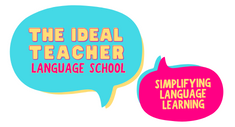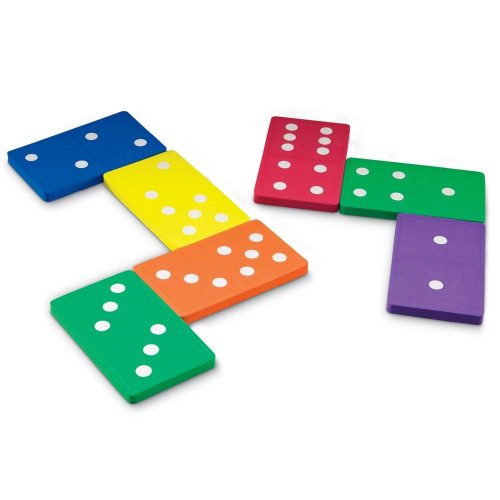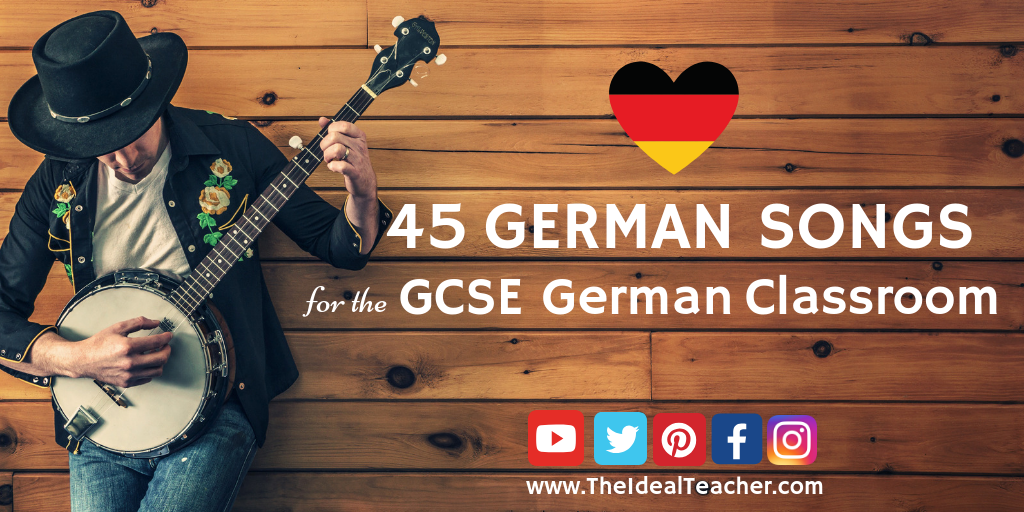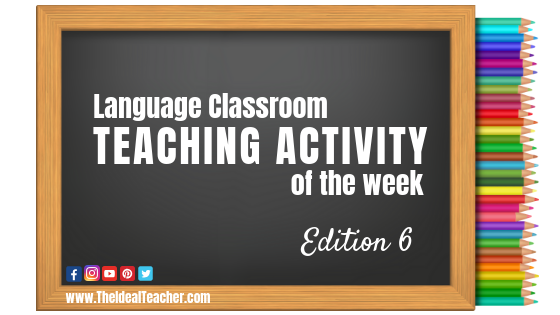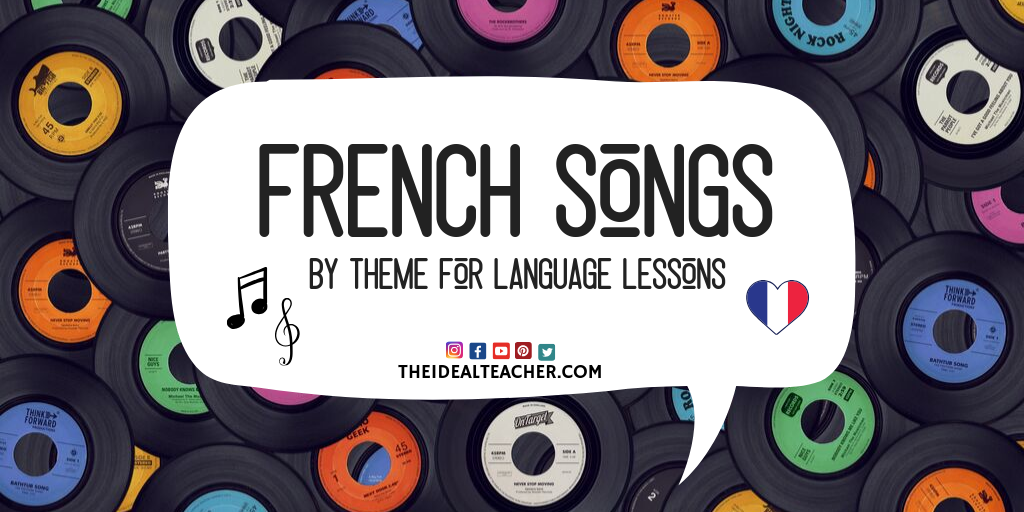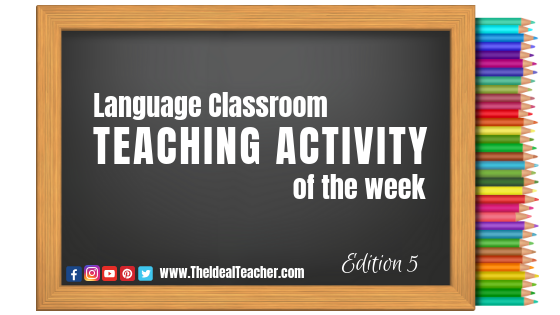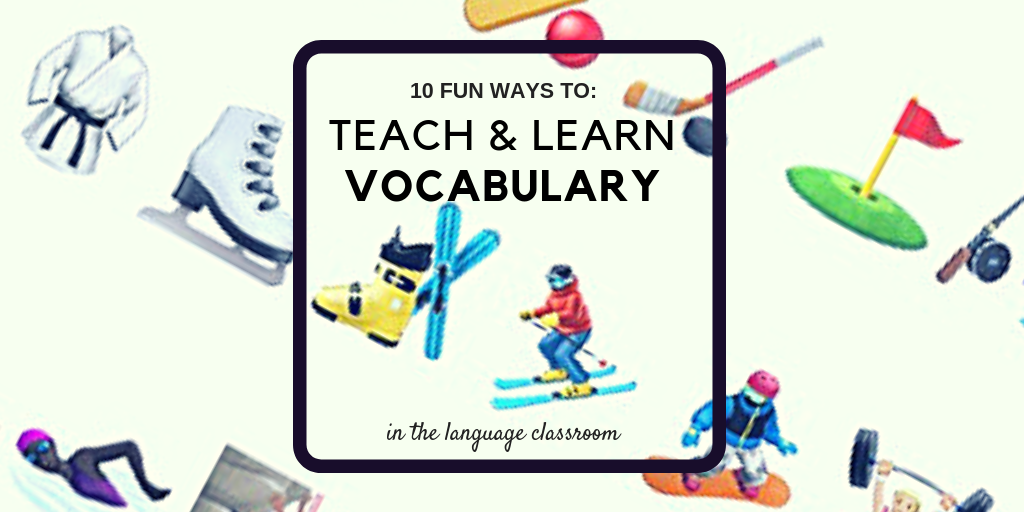No-Prep Dominoes Revision Vocabulary Challenge Could you use a no-prep vocabulary activity to help Key Stage 3, Key Stage 4 or Key Stage 5 students of French, German, Spanish or other modern language to develop vocabulary through synonyms or antonyms?…
Month: October 2018
Motivate GCSE German Students with Modern and Traditional German Songs In Your Classroom Today Get some brilliant German songs and suggestions by GCSE topics below! A bit of background into why I created the list of 45 German songs for…
Who loves speaking in another languages? Me! However, when it comes to speaking in a different language, finding enough opportunity in the classroom can be quite tricky. This week’s Teaching Tip of The Week is a fun, low-prep and low-cost spontaneous…
Motivate French GCSE Students with French Songs In Your GCSE Classroom Today Get some brilliant French songs for GCSE and suggestions by topic below! For me, music has always been an instrumental part of learning a language. As a student,…
TEACHING IDEA OF THE WEEK – EDITION 5 – SYNONYMS AND ANTONYMS CHALLENGE This week, I used a really good starter in my English lessons (adaptable to French, German and Spanish etc). The teaching activity got my students thinking as soon…
Learn Vocabulary Using Fun Activities Both from personal and professional experience, learning and being able to use vocabulary is a vital component to having confidence and being successful in communicating in any foreign language. Therefore it is important to teach…
